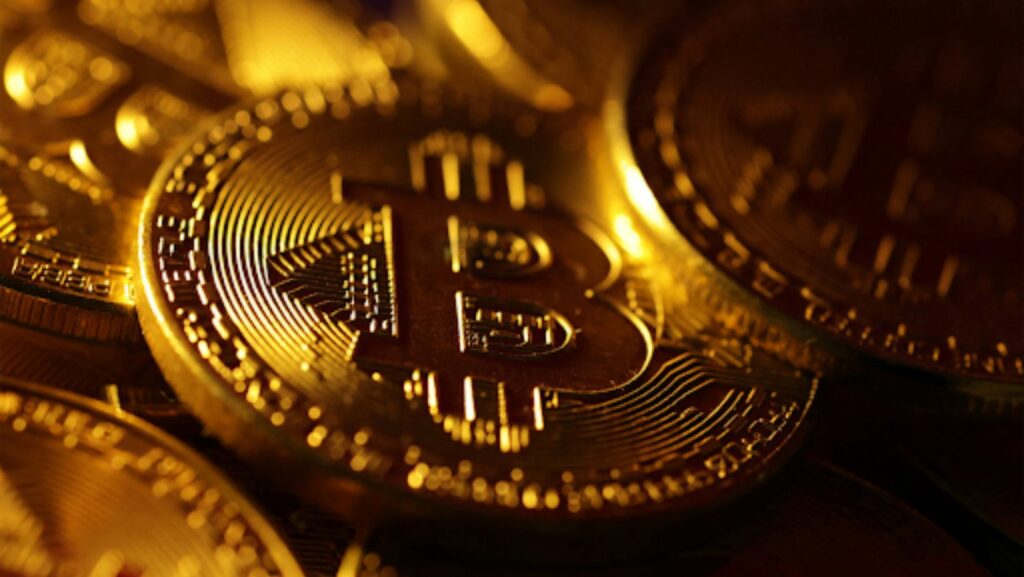One of the reasons for the wild rise in Bitcoin prices in 2024 is large investments, including from ETFs. Moreover, not all funds (and wealthy private investors) disclose their purchases. Therefore, a lot of rumors and speculation immediately arise around anonymous transactions with a large number of zeros. They are only fueled by bloggers on social networks, fueling the crypto fever even stronger.
One such mystery is the state-owned Qatar Sovereign Fund. He is credited with wanting to buy Bitcoin for a whopping $500 billion. But, most likely, this is just another fairy tale from social networks. If you also buy crypto or bet on sports with Melbet company with cryptocurrencies, you need to know about the news because such facts can move the price.
Where did the rumors about investments of $500 billion from Qatar come from?
In December 2023, speculation surged following a tweet from Bitcoin advocate Max Keiser, hinting at a potential $500 billion investment into Bitcoin by the Qatar Investment Authority (QIA). Keiser, renowned for his involvement in El Salvador’s Bitcoin strategy, suggested significant market implications, sparking a frenzy on social media platforms and contributing to Bitcoin’s upward momentum. Keiser’s tweet, referencing rumors of Qatar’s sovereign wealth fund eyeing a massive Bitcoin purchase, garnered attention, with even Anthony Scaramucci chiming in to express enthusiasm, further amplifying the speculation.
Scaramucci, the founder of Skybridge Capital, echoed Keiser’s sentiment on potential Qatari involvement in Bitcoin, acknowledging Keiser’s role in bringing attention to the matter. Circumstantial evidence supporting the claim included the sighting of the Qatar Executive Gulfstream G650ER, associated with the Emir of Qatar, at the Bitcoin Atlantis conference in Madeira. Scaramucci’s endorsement of Keiser’s tweet alluded to a previous post discussing a meeting between the Emir of Qatar and El Salvador’s pro-Bitcoin president Nayib Bukele, adding to the speculation surrounding Qatar’s interest in Bitcoin.
Is Mr. 100 connected to the Qatar Foundation?
Recent rumors have reignited speculation regarding Qatar’s sovereign wealth fund considering a significant investment in Bitcoin. Amidst Bitcoin’s surge to an all-time high of $69,000, analysts observed the emergence of a new wallet containing over 50,000 BTC, valued at more than $3.3 billion.
Dubbed “Mr. 100” due to its pattern of daily purchases of 100 BTC over several weeks, speculation has arisen about the entity behind the wallet: whether it represents Qatar seeking to diversify its sovereign wealth fund, a discreet billionaire investor, or a financial institution accumulating BTC in preparation for launching an Exchange-Traded Fund (ETF).
Let’s put the rumors to rest: Why is Qatar NOT buying half a trillion dollars worth of Bitcoin?
Considering the speculated numbers, the purported $500 billion investment by the Qatar Investment Authority (QIA) appears improbable given the QIA’s reported institutional holdings of $475 billion assets under management (AUM). For perspective, MicroStrategy’s gradual accumulation of approximately 205,000 BTC, valued at around $14 billion at current rates, highlights the logistical challenges of such a significant investment in Bitcoin. The sheer magnitude of a $500 billion purchase raises practical questions about the availability of sellers and the feasibility of acquiring nearly 40% of Bitcoin’s total market capitalization. Moreover, while the CEO of QIA, Mansoor bin Ebrahim Al-Mahmoud, previously expressed disinterest in cryptocurrency investments, industry observers caution against viewing regulatory caution as an absolute barrier, suggesting potential distinctions between public regulatory positions and private investment strategies.
Despite Qatar’s cautious regulatory stance on cryptocurrencies, the wider Middle East and North Africa (MENA) region, particularly led by the UAE and Bahrain, has taken strides to establish itself as a progressive crypto hub, with initiatives like Dubai’s Virtual Assets Regulatory Authority (VARA) and Abu Dhabi’s efforts in bitcoin mining, indicating a promising landscape for digital asset growth in the region.




More Stories
Explore Financial Success with www craigscottcapital .com: Personalized Investment Strategies
Pursunmall: Revolutionizing Online Shopping with Quality Products and Competitive Prices
Unlocking Financial Success with www craigscott capital.com: A Comprehensive Platform Review